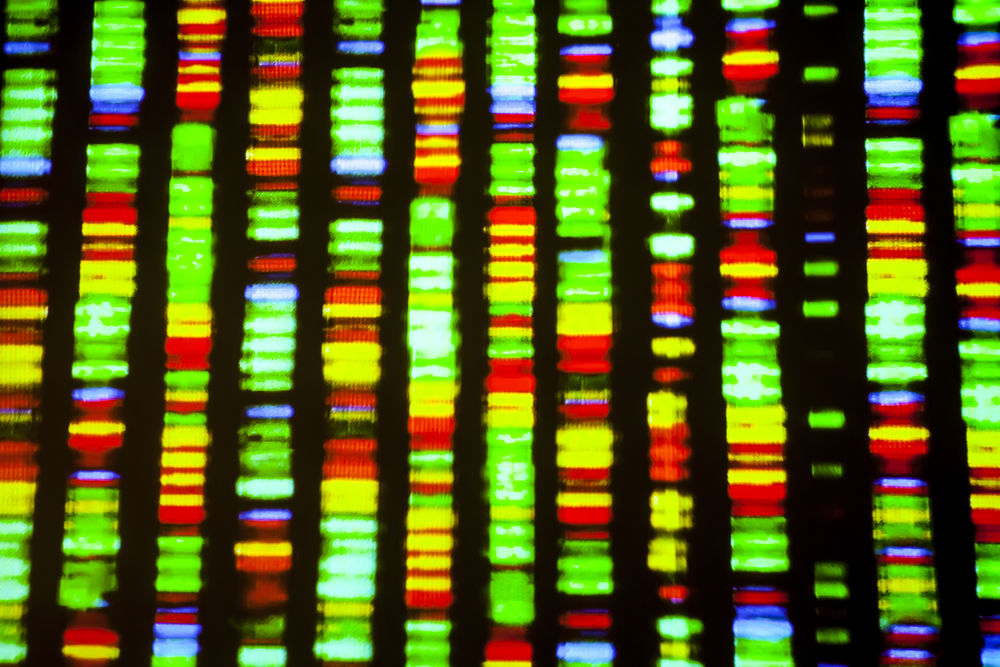Genetic Sequencing for Suspected Mitochondrial Disease Improves Early Diagnosis

A study confirming genetic diagnoses of mitochondrial disease suggests that a new method is a reliable tool for identifying genetic mutations that cause mitochondrial disease in children and infants and for increasing early treatment.
The method uses whole exome sequencing – a screening of all genome coding parts (a person’s unique set of genetic instructions.)
Scientists at The Children’s Memorial Health Hospital and Warsaw Medical University in Poland noted that despite reports that 30% of the patients with mitochondrial disease have symptoms as newborns, it is uncommon for doctors to identify gene mutations at such early ages.
Attempting to finding methods improving molecular diagnostics of mitochondrial conditions, the study, “New perspective in diagnostics of mitochondrial disorders: two years’ experience with whole-exome sequencing at a national paediatric centre,“ published in the Journal of Translational Medicine, used whole exome sequencing to screen for mutations in a group of 113 patients with suspected mitochondrial disease.
The study included patients diagnosed with full range mitochondrial disease at birth, patients diagnosed through brain scans showing degeneration of a brain region called the basal ganglia (a typical feature of Leigh syndrome and other mitochondrial conditions) and those diagnosed thorough a specific urine test which can indicate the presence of dysfunctional mitochondria.
Among infants, the method identified mitochondrial mutations in 46.8% of the cases. Another 17.1% of the children had mutations in genes not related to mitochondria, and 36.1% remained undiagnosed. Similar numbers were found among the other groups. In patients with brain damage in the basal ganglia, 57.1% had mitochondrial mutations and 35.7% could not be diagnosed.
Among patients with acidic urine, the outcome depended on the levels of the acid. Mitochondrial mutations were present in 25 and 18.8% of participants with high and low urine acid levels, respectively.
In all, the study identified 99 mutations in 49 different genes that had previously been linked to human diseases. Half of the identified mutations had not been described at the time of the research; some have since been described by other research groups.
Mutations in genes not linked to mitochondrial disease were mainly identified among 19 patients in whom doctors found that it was less likely that disease symptoms were linked to mitochondrial dysfunction anyway.






